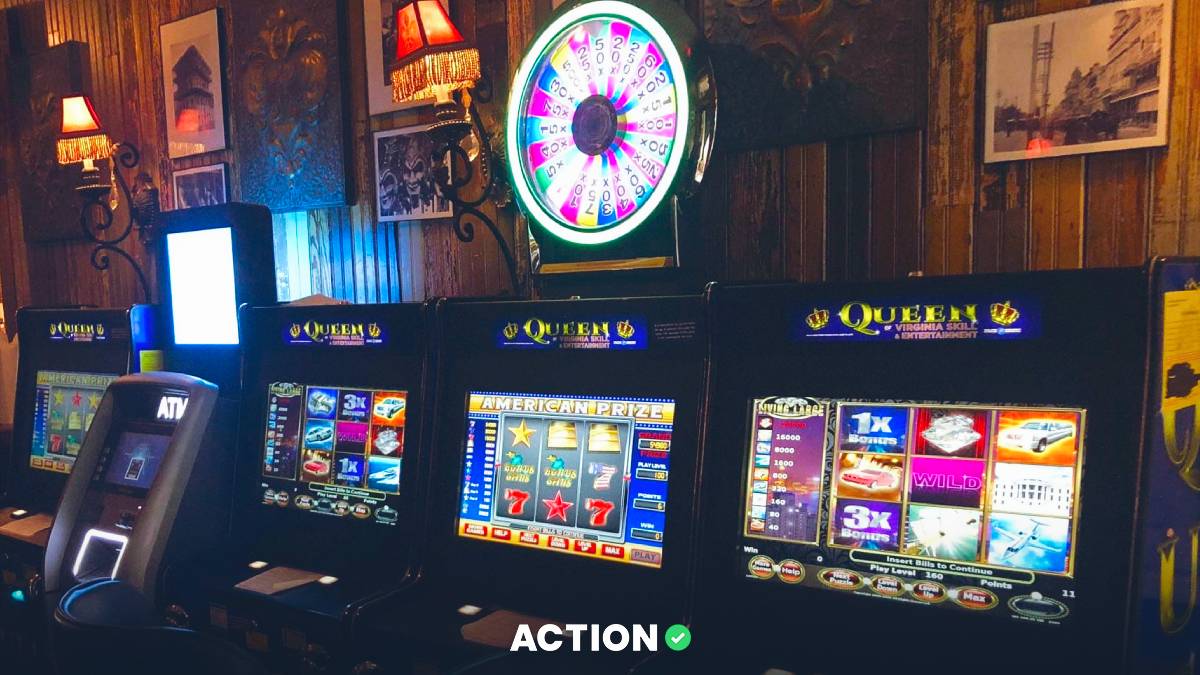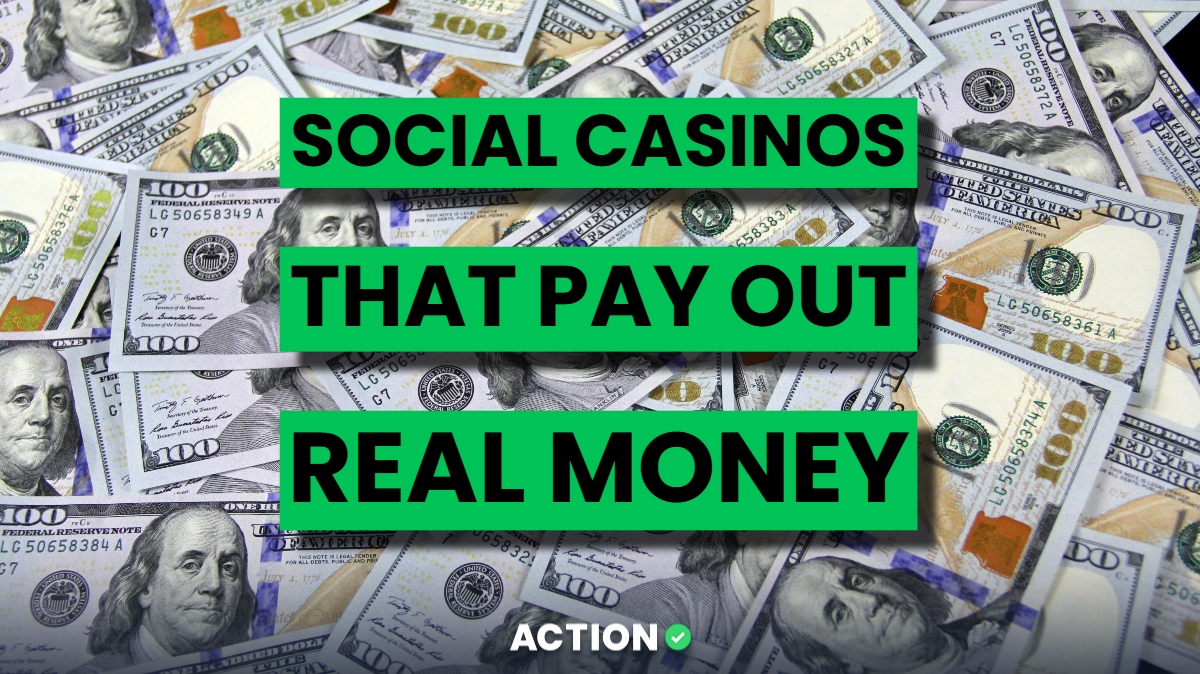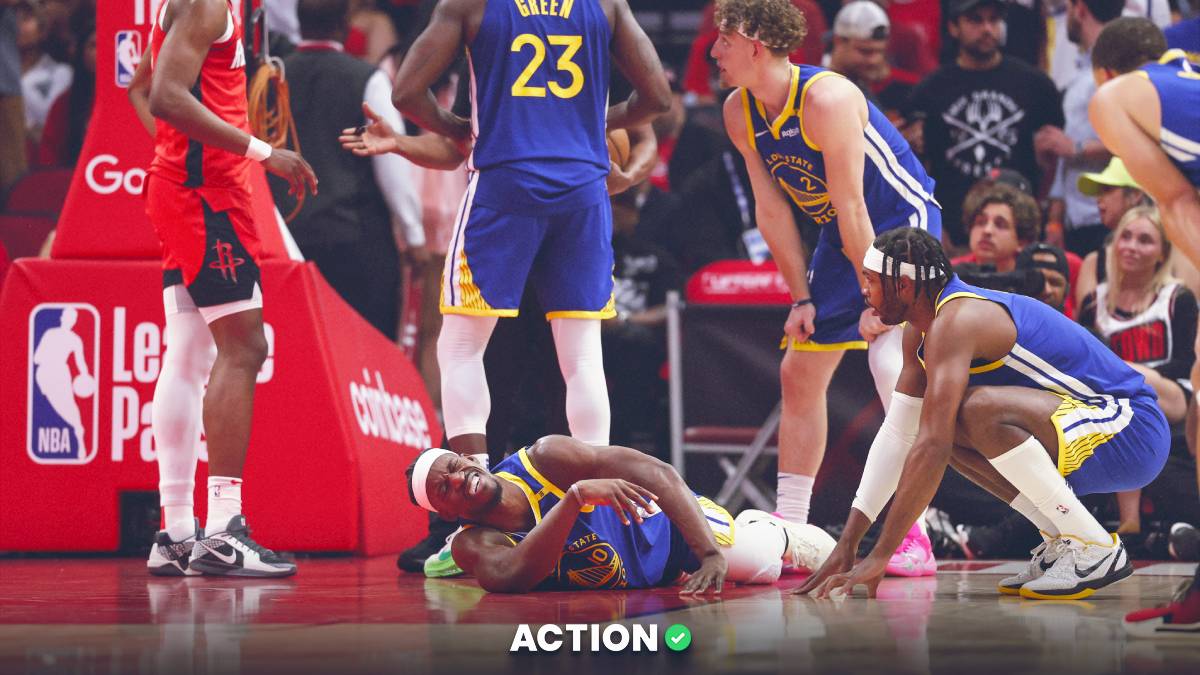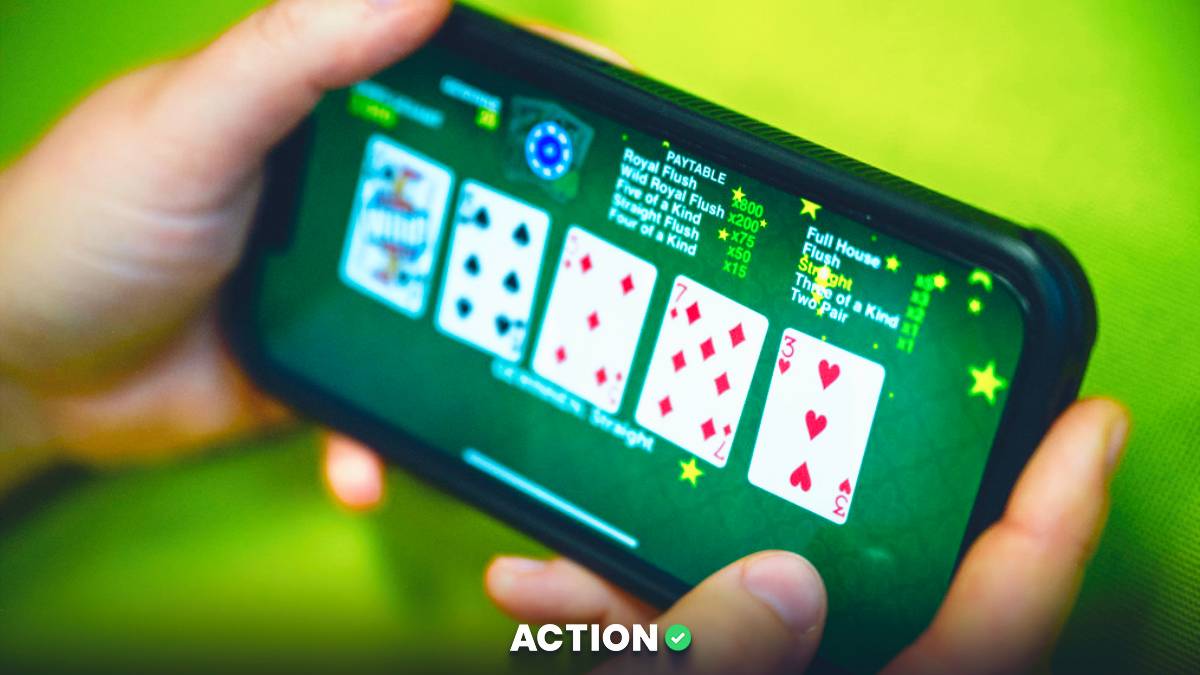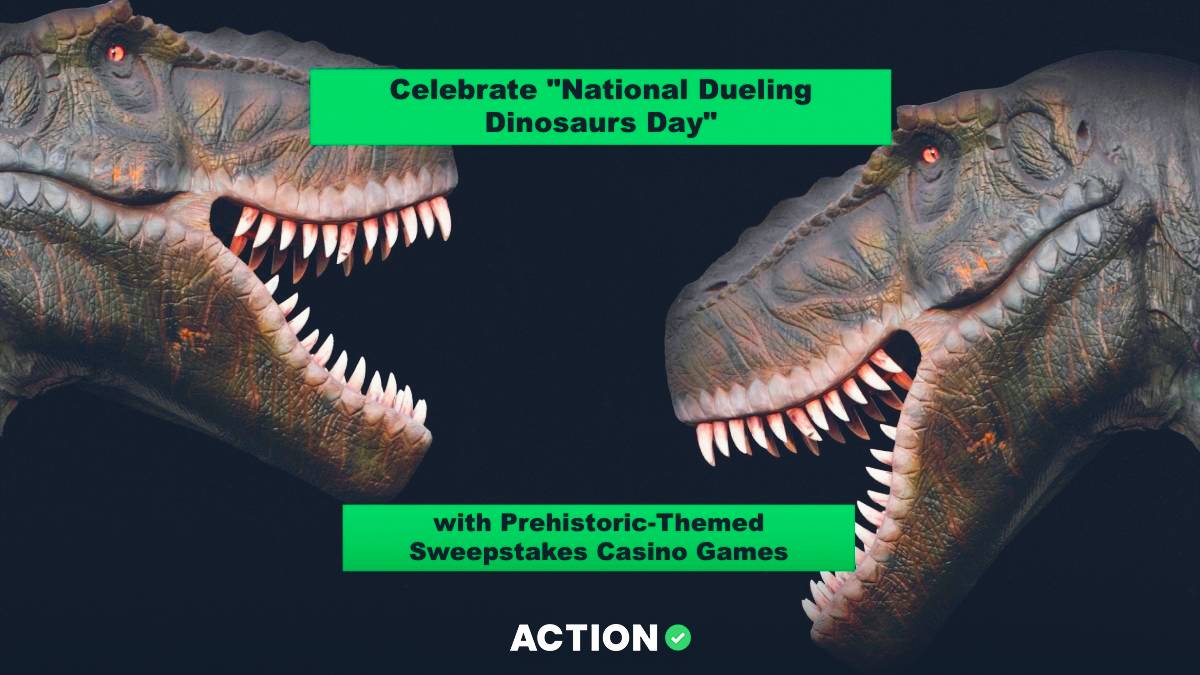A court decision in Virginia could change the game for skill-based machines in the state.
This is good news for small business owners who want to keep these machines in their stores. The ruling raises important questions about how these games fit into Virginia's gaming landscape and what their future may hold. It also means that Virginia’s legislature will likely take another crack at regulating skill games during the 2026 session.
So, let's take a closer look at why this decision is so crucial for businesses and the gaming industry in Virginia.
The Virginia Skill Games Case and Legal Implications
Judge Hugh Campbell from Hanover County dismissed a case against David Bogese, the owner of Breez-In Mart. Bogese was accused of illegal activity for using certain gaming machines called Queen of Virginia (QVS2). He was charged with a misdemeanor under Virginia Code §18.2-331, which prohibits possession of an “illegal gambling device.”
Prosecutors argued that the QVS2 machines broke this law because they usually need money to play. But Bogese’s lawyers argued that the machines didn’t need money to start playing, so they were legal.
Bogese’s legal team, which included state senators Ryan McDougle and Bill Stanley, successfully argued that the law wasn’t clear. Judge Campbell agreed that when a law is unclear, the benefit of the doubt should go to the person accused. He also noted that the unclear law makes it challenging for business owners to ensure they are operating legally.
Victory for Small Business Owners in Virginia
In the end, the judge decided that these machines did not count as illegal gambling devices according to state law.
The ruling is a key victory for small businesses in Virginia. Bogese, expressing his relief and satisfaction, told The Virginia Mercury that the decision defends the right of small businesses to compete in a free market without government overreach.
“It feels good to get this decisive ruling today defending the right for small businesses to operate within the law,” Bogese said. “(The ruling) is a victory not just for our case and our business, but for small businesses across the commonwealth to take part in our free market and against the overreaches of government. I am looking forward to getting back to business as usual.”
This decision not only impacts Bogese’s business but also empowers other small business owners in Virginia to continue operating skill games without fear of unjust prosecution.
Opposition and Ongoing Controversy
Some people didn't agree with the decision.
A group called Virginians Against Neighborhood Slot Machines stated that companies like Pace-O-Matic, which manufactures QVS2 machines, were exploiting loopholes in Virginia’s gambling laws to keep their machines in operation. Nick Larson, who represents this group, argued that these "games of skill" remain illegal based on the state legislature's intended meaning.
Larson cautioned that companies might continue to try to bring back these machines in different ways and urged that existing laws be strictly enforced to prevent them. This situation highlights the ongoing conflict between gaming companies and rule makers, who have differing views on whether these skill games should be allowed and their impact on the community.
A Glimpse into the History of Virginia's Skill Games
Skill games have a checkered history in Virginia, reflecting broader trends in gaming legislation across the United States. In the late 20th century, Virginia, like many states, grappled with regulating skill-based machines that walked the line between gambling and legitimate gaming.
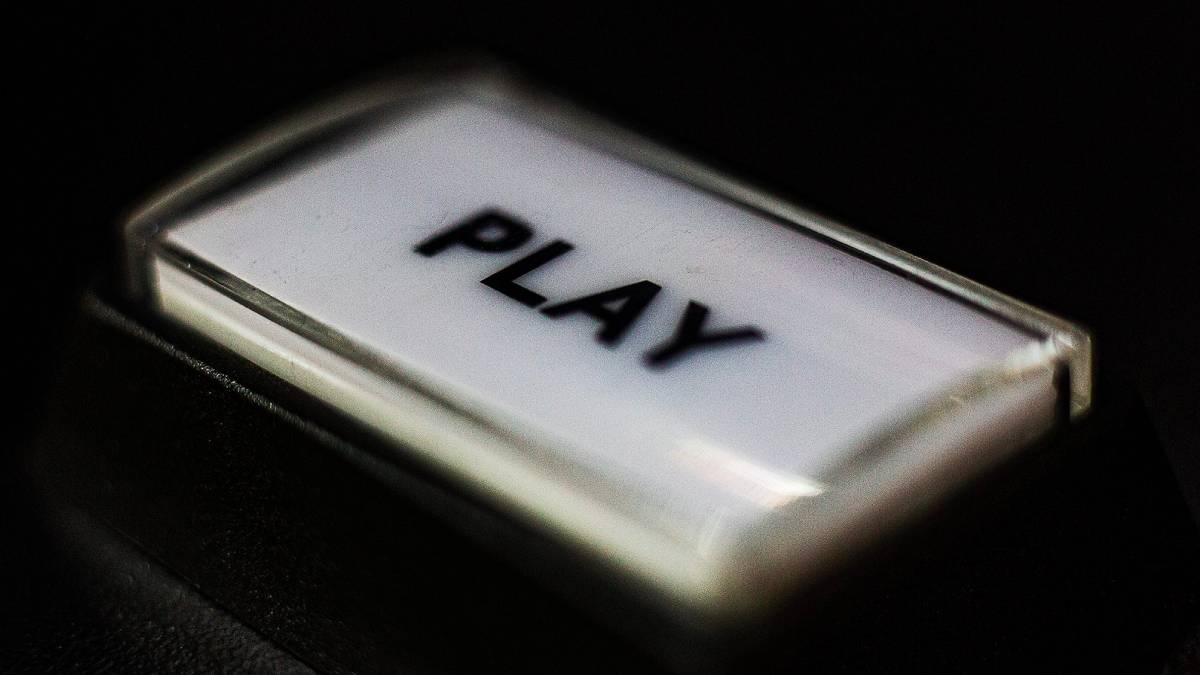
Initially, these games enjoyed a brief period of popularity, with machines popping up in convenience stores and bars. However, growing concerns over their resemblance to gambling devices led to increased scrutiny and regulatory action. By the early 2000s, Virginia lawmakers had attempted to clarify the legal standing of these games, although legal loopholes allowed them to persist in some areas.
In recent years, the conversation around skill games has intensified, driven by casino interests and changing public attitudes toward gambling. The ambiguity in Virginia’s laws has resulted in legal challenges and debates similar to the recent case in Hanover County. Despite these challenges, skill games remain a significant part of the state’s gaming landscape, continuously prompting discussions on how they should be regulated.
What Lies Ahead for Skill Games in Virginia
The ruling in favor of skill games opens the door for more comprehensive debate on their place in Virginia's economy and legal framework. While it represents a win for small businesses and advocates of the free market, the controversy indicates that this is not the final word.
As debates continue, stakeholders across Virginia will be keeping a close eye on any further legislative or legal developments, which could once again alter the fate of skill games in the Commonwealth.


